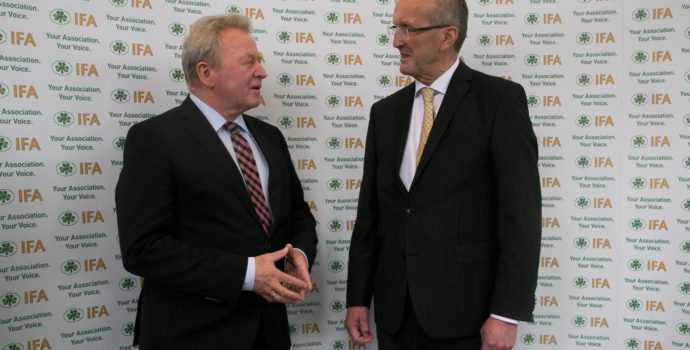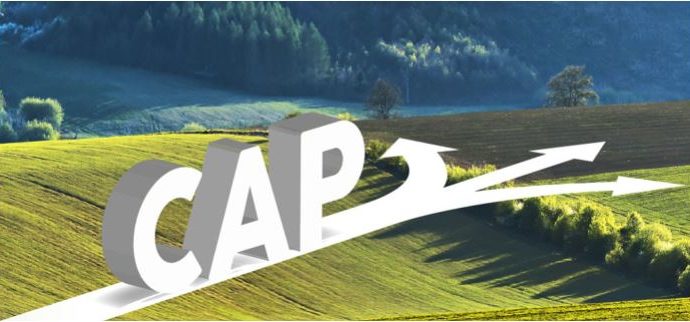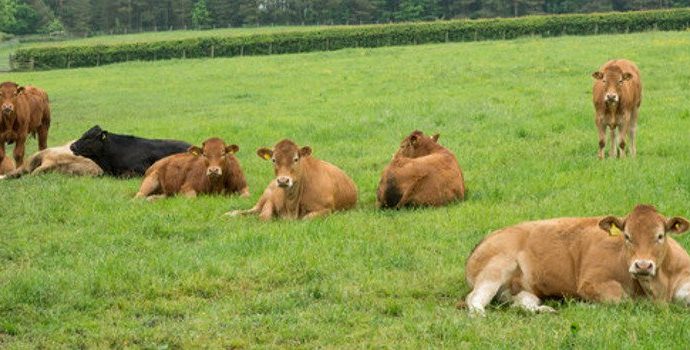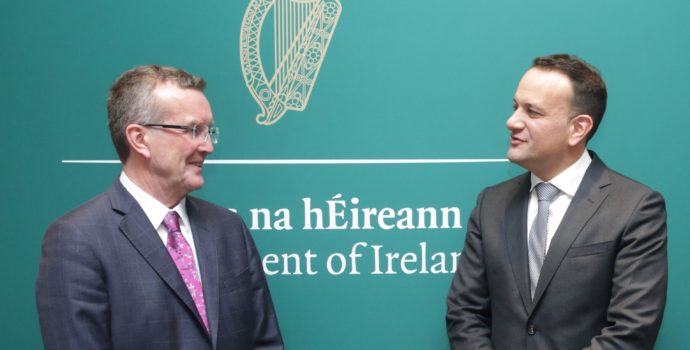Direction of CAP Could Destroy Farm Viability
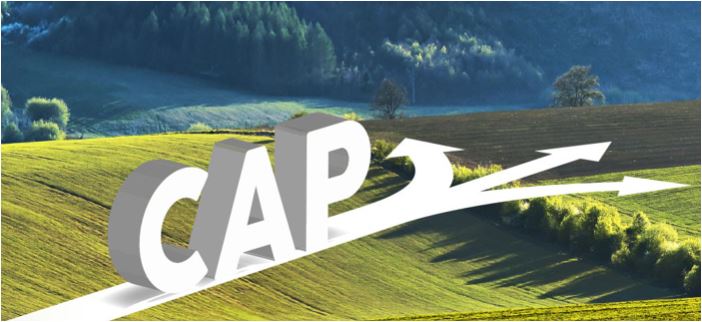
Addressing the Joint Oireachtas Committee on Agriculture today, IFA President Tim Cullinan warned the focus of the Common Agricultural Policy reform has the potential to destroy farm viability in Ireland.
“At present, Teagasc has identified that only a third of farmers in Ireland are viable. This reform could destroy many of these farmers by taking payments from them to fund convergence, eco schemes and applying more environmental restrictions,” he said.
“The reality is that direct payments from CAP are becoming less about supporting food production and farm incomes, and instead focusing more heavily on an ever-increasing environmental ambition,” he said.
“Farmers are committed to the environment, but the key question is who will pay for this? There is no extra money for the CAP and the idea that consumers will pay more is not supported by any evidence. It is clear the full cost burden will fall on farmers,” he said.
“Farmers are completely in the dark as regards what will be involved in these so-called Eco-schemes, and could lose up to 30% of their Basic Payment or face huge costs to draw it down,” he said.
Internal convergence has also had a very significant impact on farmers who have above average entitlements per hectare, but who may have a small number of hectares.
“These farmers cannot take any more cuts and it’s making more farmers unviable. The Minister must find a way of protecting active farmers in this category,” he said.
IFA has proposed that a full sectoral impact analysis of the convergence proposals be conducted. CAP reform 2021-2027 must not create more unviable farmers.
On the GAEC 2 proposals, it’s extremely important that any provisions relating to protection of peatlands and wetlands are sensible and practical and do not restrict good agricultural practices.
Furthermore, the introduction of GAEC 2 cannot lead to the imposition of new, additional bureaucratic requirements on farmers.

